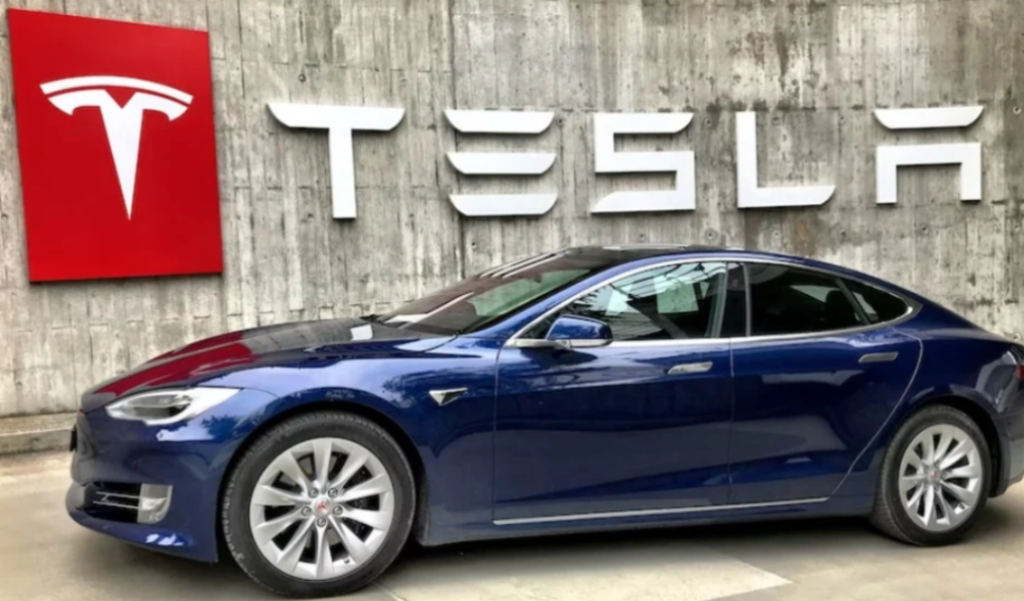Tesla reported a stellar performance in 2023, with deliveries reaching an impressive 1.81 million electric vehicles (EVs), slightly exceeding its initial goal of 1.8 million set at the beginning of the year. The success was underscored by a robust fourth quarter, during which Tesla handed over nearly 483,200 vehicles, contributing to the global deliveries of 484,507 units. This strong finish was crucial, considering a temporary dip in deliveries in the third quarter due to factory shutdowns.
Tesla’s success in 2023 can be attributed to a combination of factors, including a dedicated fan base, tech-savvy early adopters, and strategic moves by the company’s leadership. CEO Elon Musk, a key figure in the company’s success, has been instrumental in creating a fervent following. However, recognizing the need for sustained growth, Tesla is now eyeing broader appeal to everyday buyers for its next phase of expansion.
The company set an ambitious goal of delivering 1.8 million cars in 2023, marking an all-time high but still lagging behind competitors like Toyota and General Motors. Challenges surfaced in reaching everyday buyers who prioritize factors such as price and ease of use. Concerns about inflation, high-interest rates, safety, and charging infrastructure added complexity to Tesla’s expansion strategy.

One notable change in the market landscape came on January 1, as some Tesla models were expected to lose the full $7,500 federal EV tax credit due to stricter battery-component sourcing rules from China. Despite this, Tesla took significant steps to enter the mass market by slashing prices across its lineup, particularly in China, where competition is intense.
The introduction of the Cybertruck, Tesla’s newest vehicle, faced delays in reaching volume production, and profitability is anticipated to be at least a year away. However, CFO Vaibhav Taneja emphasized the need to target the next set of EV adopters, signaling a commitment to long-term growth.
Analysts have raised concerns about Tesla’s aged product lineup and increased competition in the EV space, potentially challenging future sales growth. Nonetheless, experts believe that Tesla remains well-positioned in the global EV market alongside BYD.
In terms of financial performance, Tesla’s production for the year amounted to around 1.85 million vehicles, reflecting a 35% year-over-year growth. Model 3 and Model Y deliveries in Q4 reached 461,538 units, with production numbers for these models standing at 476,777.
As Tesla prepares to report Q4 automotive margins on January 24, all eyes are on the company’s 2024 outlook. The consensus for 2024 deliveries is 2.17 million units, representing a 20% increase compared to the reported 2023 figures. With potential sales boosters such as the revamped Model 3, a new Model Y version, and expanded marketing efforts, Tesla seems poised to continue its trajectory as a major player in the global electric vehicle market.
Related:
- Tesla Cybertruck’s 4680 battery raises concerns over its slower charging speed
- BYD Shatters Electric Car Sales Record, Challenges Global EV Market Dominance
- BYD Song L electric SUV launched in China to take on the Tesla Model Y starting at $26,700
(via)







